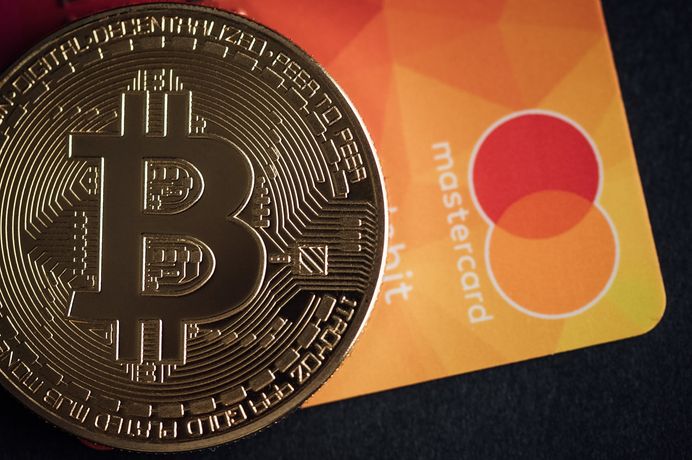The Central Board of Taxes from India is considering to levy 18% GST(Good’s and Service Tax) on trading cryptocurrency. Although this law is not in effect, citizens of the country will have to be cautious in investing digital assets. The very reason behind this might due to taxation on the previous crypto investment as well.
The highlighting points of the proposal as reported by Bloomberg are
“Purchase or sale of cryptocurrencies should be considered as a supply of goods, and those facilitating transactions like supply, transfer, storage, accounting, among others, will be treated as services.
Value of a cryptocurrency may be determined based on the transaction value in rupees or the equivalent of any freely convertible foreign currency.
If buyers and sellers are in India, the transaction would be treated as a supply of software and the buyer’s location will be the place of supply.
For transfer and sale, the location of the registered person will be the place of supply. However, for sale to non-registered persons, the location of the supplier would be considered as the place of supply.
Transactions beyond the Indian territory will be liable for integrated GST, and would be considered an import or export of goods. IGST will be levied on cross-border supplies.”
The law further proposes that actions like mining are also considered as taxable income and any transactional reward exceeding 20 Lakh INR is liable for GST taxes.
Not only this Wallet stores holding a public/ private key of virtual currencies are also the under inclusion of this taxation.
As mentioned earlier the painful aspect of this proposal is that the GST came into effect from 1st July 2017 and all taxation for crypto investment will be considered for past 10 months as well.
This is not the first instance Indian government is a hurdle to crypto investors in the country. Earlier this year the Reserve bank has barred crypto exchange houses or any investors from indulging in virtual currencies. But investors in response to this have filed a legal petition to the supreme court of India.
Will this taxation law be a feasible approach in India? Let us know your thoughts in comment section below







